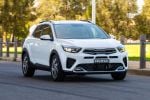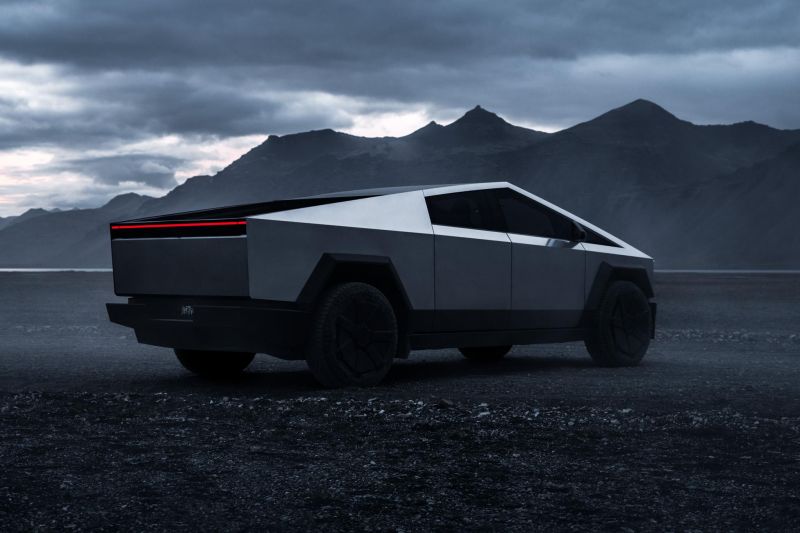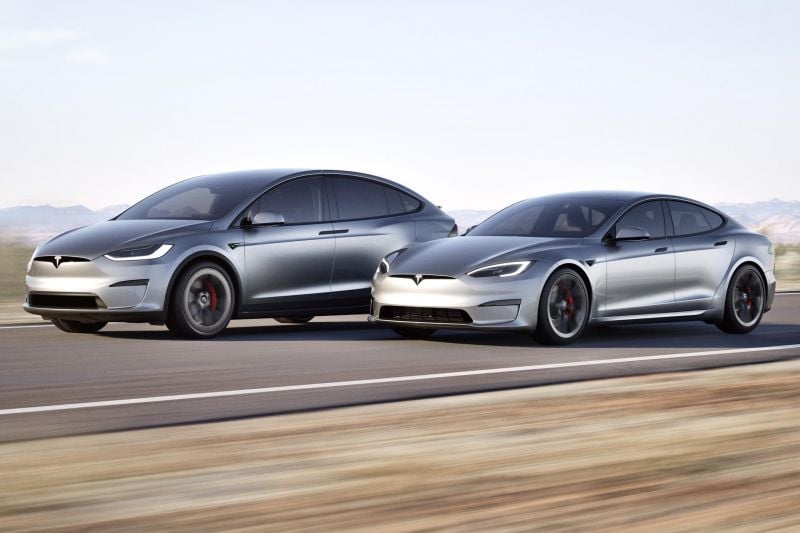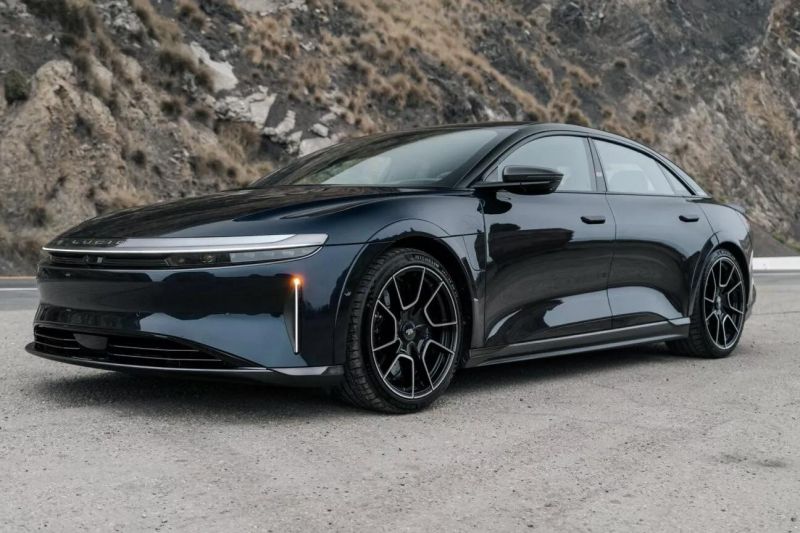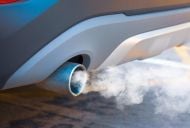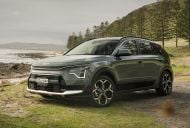US President-elect Donald Trump will reportedly repeal the nation’s electric vehicle (EV) subsidies when he comes to power next year, prompting fears for the uptake of battery-powered models in the region.
News agency Reuters reports word from insiders close to Mr Trump that the federal tax credit for EVs, which can be worth up to US$7500 (A$11,625), will be axed in early 2025, just over two years since the latest version of the subsidy was introduced by current president Joe Biden.
At present, the incentive is available for EVs built in North America and below certain price points – US$55,000 (A$85,250) for passenger cars, and US$80,000 (A$124,000) for pickups and SUVs – with just 16 models eligible for the full amount.
100s of new car deals are available through CarExpert right now. Get the experts on your side and score a great deal. Browse now.
EVs were a major target during Mr Trump’s election campaign, with the incoming president falsely claiming the US government has mandates which will require electric vehicle (EV) sales to reach 100 per cent. He promised to repeal these if he was elected.
While the US Environmental Protection Agency (EPA) does have a target for EVs to account for between 35 to 56 per cent of sales on the new vehicle market by 2032, this is not an enforcement or mandate, rather it’s an outline of what carmakers will need to do to meet wider emissions regulations across their fleets.
This EPA target was previously as high as 67 per cent before being walked back in April this year, following cooling demand for EVs.
Mr Trump’s criticism of EVs and pursuit of removing sales targets and incentives came despite being heavily backed by Tesla CEO Elon Musk, who has since been appointed as co-head of the new Department of Government Efficiency.
Tesla is the world’s largest EV maker. Though it has faced increasing competition from China globally, it’s by far the most popular in the US and accounts for more than half of the battery-powered car, SUV and pickup market.
Mr Musk has previously said the potential removal of the tax incentive would “probably benefit Tesla” in the long term, though its removal could slow down the uptake of EVs in the US.
According to Cox Automotive, EV sales in the US grew by 11 per cent in the third quarter of 2024 (July to September) compared with the same period last year.
While the amount of EV sales is increasing, the rate has dropped from last year. In the third quarter of 2023, the EV market grew by almost 50 per cent on the same three months in 2022.
Speaking to Reuters, EV Politics Project advocacy group head Mike Murphy said the removal of the subsidy would leave “Tesla first, everyone else second” and be “really bad for American automakers”.
“The Trump Administration is proving they have absolutely no interest in helping the US auto industry survive the coming Chinese invasion,” Mr Murphy said.
In May, the Biden Administration announced a 100 per cent tariff on Chinese EVs, affecting a small number of models currently on sale but also acting as a deterrent to brands looking to enter the US market.
Mr Trump has also pledged to place tariffs of up to 200 per cent on vehicles made in Mexico, impacting Chinese brands such as BYD which was understood to be looking to open factories south of the border to bypass the Biden-era restrictions.
The Australian government doesn’t offer direct subsidies towards EVs here, but it does offer a Fringe Benefits Tax (FBT) exemption for EVs (and plug-in hybrids) that fall under the Luxury Car Tax (LCT) threshold.
On a state or territory level, only the Australian Capital Territory, Western Australia and Northern Territory still have incentives to encourage EV uptake, after schemes in New South Wales, Victoria, Queensland, South Australia and Tasmania were wrapped up.
MORE: How will Donald Trump’s presidency affect Australia’s car industry?
